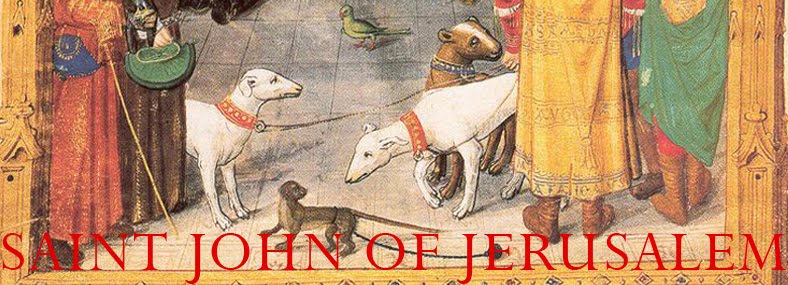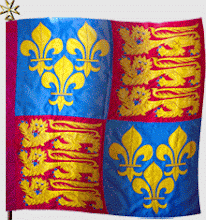The UK, the Holy See, and Diplomacy
It is a real honour to be here tonight to deliver the Annual Cardinal Hume Memorial Lecture. It is an honour in so many ways because I know how special the memory of Cardinal Hume is held in this his home city of Newcastle where he was born in 1923. But it is also personally special because the Cardinal is buried in what is now my home parish of Westminster Cathedral. I am grateful to the Diocese of Hexham and Newcastle, St. Mary's Cathedral, the organisers of tonight's lecture - Fr Peter, and Fr. Marc, and Bishop Seamus for the kind invitation to speak to you this evening.
It is also apt that we are speaking tonight to the theme of the UK, the Holy See and diplomacy because we are doing so less than one month after Pope Benedict XVI's historic visit to the United Kingdom. It was the second visit of a Pope to the UK - the first being the visit of Pope John Paul II in 1982 - when Cardinal Hume was serving as the Archbishop of Westminster. But this most recent visit was the first official visit of a Pope to the country. The tenure of Cardinal Hume's leadership of the Catholic Church in England and Wales did so much to prepare the way for the first official visit of a Pope to these shores. It is fitting tonight that we can look afresh on the country's oldest diplomatic relationship - that between the Crown and the Holy See - and to do so from here in Newcastle - the birth place of one who did so much to enhance that relationship in the 20th century.
Tonight's theme speaks to a relationship that has over the centuries seen many significant events - some with a shared perspective and others with a marked degree of difference. But our focus tonight is the diplomatic relationship - in particular the diplomatic relationship between the UK and the Holy See. Tonight I would like to do three things. First, I would like to say something about diplomacy - an art that is often misunderstood. Second, I would like to say something about how foreign policy deals with religion. Finally, we will explore the diplomatic relationship between the UK and the Holy See - the Crown's oldest diplomatic relationship in the world.
Diplomacy
Diplomacy is often a word that is much misunderstood. When one mentions diplomacy many negative images can spring to mind. Perhaps none more so than Sir Henry Wotton's description of an ambassador as "a man of virtue sent abroad to lie for his country." Satow's guide to Diplomatic practice captures diplomacy as "the application of intelligence and tact to the conduct of official relations between the governments of independent states, and between governments and international institutions; or, more briefly, the conduct of business between states by peaceful means." [1]



























